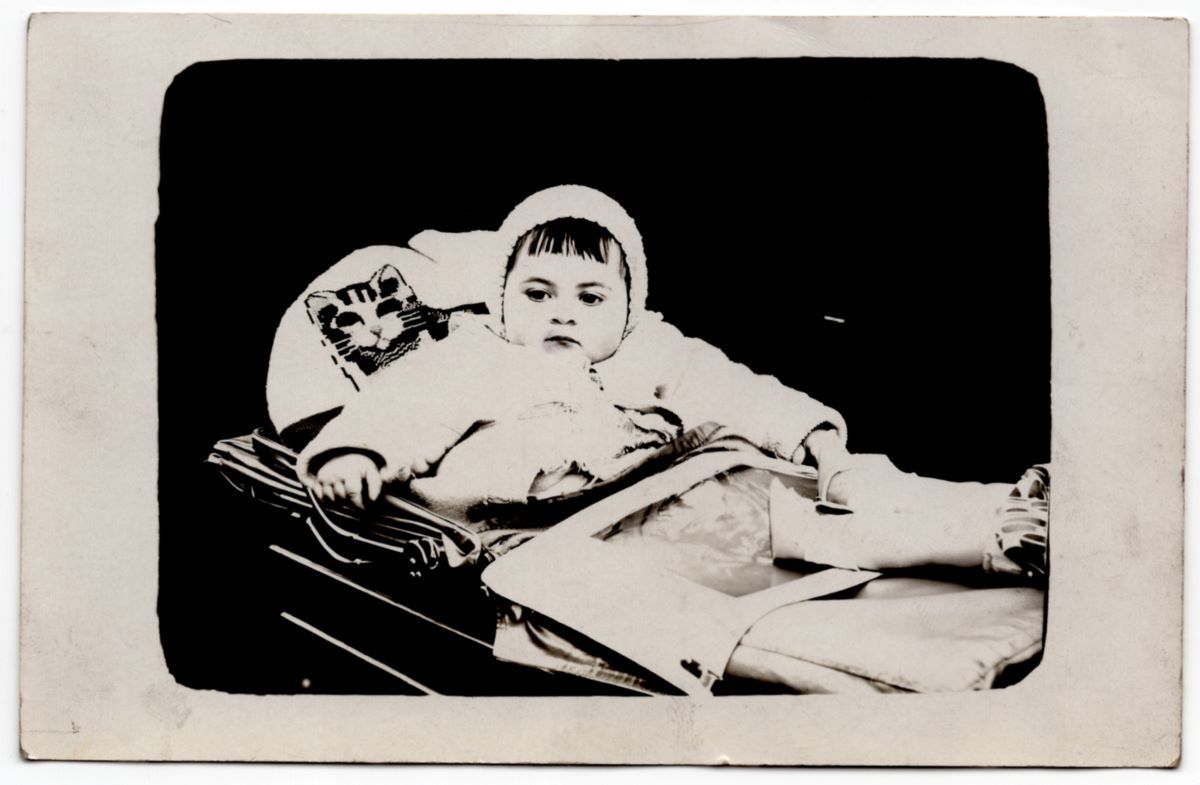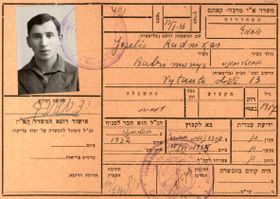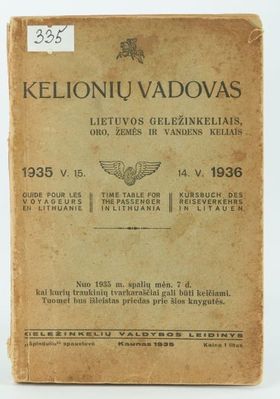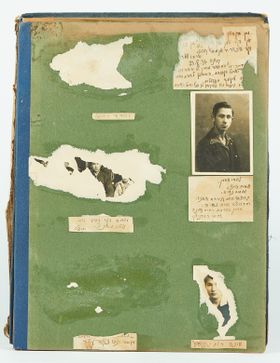Purring Delights


Purr-fect Companions
Kac-kac-kac! That's the call we use in Lithuanian to beckon cats, while the word 'cat' sounds similar in Yiddish. Cats were beloved by Jews, who often allowed these feline companions to freely roam inside their homes.
Even the newspapers praised these furry friends. While dogs were hailed as guardians and alarm systems, cats were admired for their mouse-catching skills, protecting food from those pesky creatures. But that's not all. Cats brought tenderness and comfort into their owners' lives.
Back then, people didn't yet know that these creatures, who snooze for 13-16 hours a day, could also reduce their owners' risk of heart problems. However, the gentle and graceful nature of cats had already captured the hearts of some interwar residents.
For instance, there was a young Jew named Dovid Rudnik from the town of Butrimonys who adored cats. Whenever he encountered them wandering around, he would shower them with affection and feed them.
And then there was Yvette Bardon, who had an embroidered kitten on her pillow! This cherished childhood keepsake has been treasured to this day.





